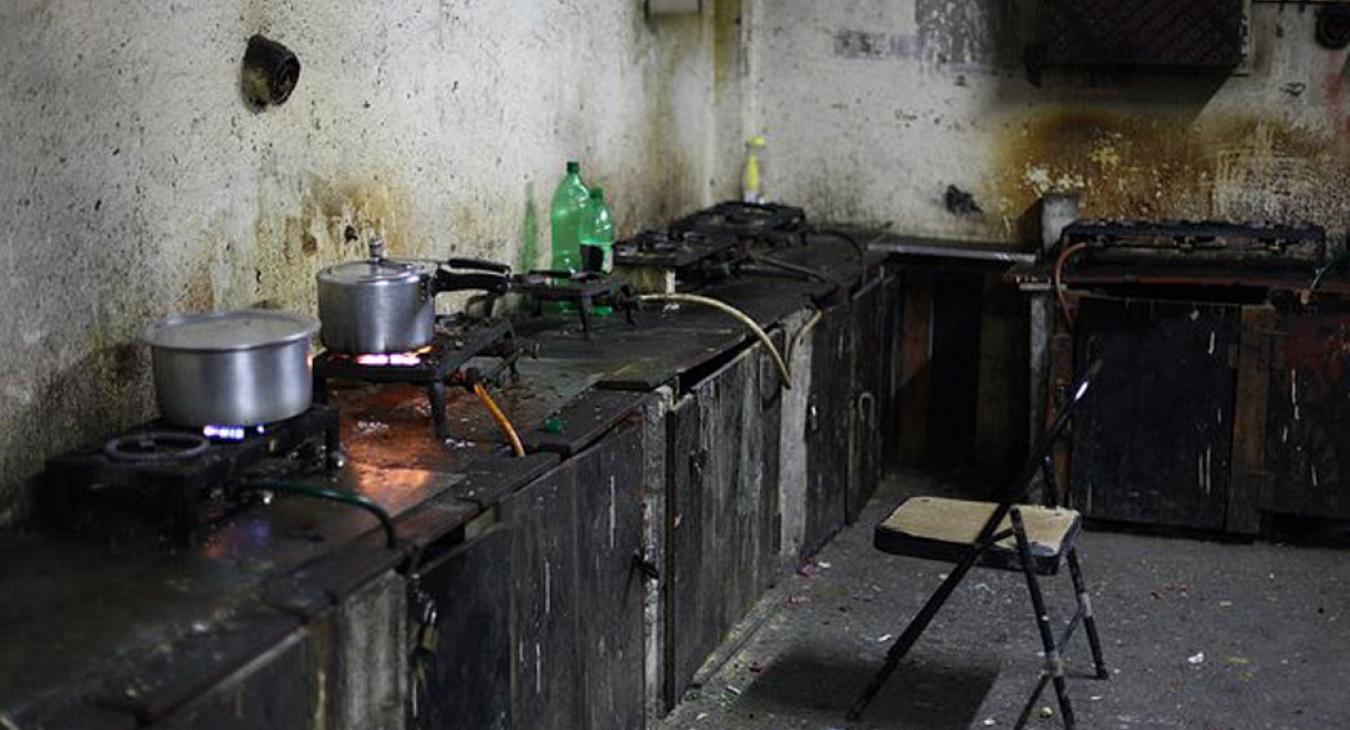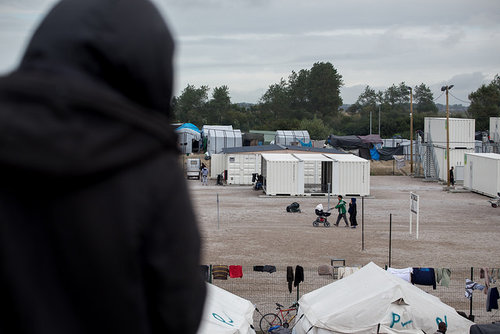
Sharan Burrow - General Secretary of the ITUC - says a new report on human rights could finally force FIFA to do the right thing for workers in Qatar.
Thousands of workers building the 2022 FIFA World Cup facilities and infrastructure in Qatar are forced to live as modern day slaves. They are housed in squalid conditions and survive on poor quality food and insufficient water.
Temperatures in the slave state of Qatar can sometimes reach 122° Fahrenheit.
These bonded workers are paid badly and often receive no money for months on end. No worker can leave an unsafe or abusive work environment or even exit the country without the employer's permission.

But FIFA knew all of this when it awarded the 2022 World Cup to Qatar, and when it ignored alleged corruption in the World Cup voting practices.
It appears they simply didn't care. For five years the body charged with upholding standards in the world's most popular game ignored any responsibility for demanding an end to the Kafala system of modern slavery that is practiced in Qatar.
They also ignored their responsibility to ensuring the respect for human and labour rights set out in the UN Guiding Principles on Business & Human Rights.

FIFA stood by and watched the vital infrastructure for the 2022 World Cup including roads, rail lines, hotels, malls all be constructed or maintained by the use of men and some women who had no freedom, were denied fundamental rights and treated as less than human.
All this as top FIFA executives were being arrested or deposed on corruption charges and authorities on three continents opened investigations into the organisation's affairs.
But in December 2014 FIFA publicly committed to align itself with the UN Guiding Principles on Business & Human Rights.
Given its track record, no one could imagine how the crisis-ridden organisation could possibly deliver on that promise.
But into that gap between rhetoric and reality has stepped an unlikely hero: John Ruggie, Harvard Professor and former assistant secretary general at the United Nation, the man who developed the very principles that FIFA has committed to uphold.
Professor Ruggie published his report in recent days.
In plain unvarnished language he sets out FIFA's clear duty with regard to upholding human rights:
Internationally recognized human rights include rights to life and physical security, non- discrimination, rights to freedom of thought, expression and religion, freedom of assembly and of movement, rights to education and work, to family life and privacy, to food and water, freedoms from torture, slavery or forced labor, as well as rights to fair and decent working conditions, including freedom of association and the right to bargain collectively.
This could change everything.
It puts FIFA on notice that a massive change in their operations is necessary and it offers Qatar an opportunity to change if it wants to retain the World Cup in 2022.
Again, Ruggie speaks in clear, unambiguous terms:
"Where FIFA is unable to reduce severe human rights impacts by using its leverage, it should consider suspending or terminating the relationship. Where this is not possible FIFA should at a minimum explain its efforts to mitigate the impacts as transparently as possible."
The report makes a total of 25 recommendations on how FIFA can uphold human rights and meet international standards. Critically, it states:
"Short-term priorities must include addressing human rights risks in tournaments that are already scheduled, and using every opportunity to press host countries to support FIFA's new statutory human rights commitment."
There can be no cherry picking of individual recommendations. This is a package that FIFA must accept in its entirety.
The report could make all the difference for workers in Qatar.
FIFA must act on its statutory responsibility for human rights.
Quite simply, it can set the conditions for workers in Qatar engaged in construction of the 2022 facilities and infrastructure needed to host the games
These include:
- Reform of the kafala system, starting with the elimination of the exit visa;
- Worker representation - a collective voice with elected representatives, collective bargaining and workplace safety committees;
- Employment contracts through direct employment or via large, reputable recruitment companies; "
- End the race based system of wages with a non-discriminatory minimum Living Wage rate; and,
- Put in place an effective grievance procedure inclusive of contractors, and an independent labour court.
Ruggie's report will serve as a benchmark not only for FIFA but for all sports federation. No sporting organisation can do it alone. We need an international independent process to reinforce this, but for today, thank you John Ruggie.
FIFA and Qatar - the world is watching.
View more ITUC pictures on conditions for workers in Qatar: Qatar Labour Camps and Industrial Area, Doha.
